Ozone Therapy Reduces Inflammation and Improves Brain Health
This study looked at how ozone therapy affects male rats that have developed post-traumatic epilepsy (PTE) after a brain injury.
This hub covers epilepsy lifestyle and sleep: Everyday factors that can affect seizures including sleep, stress, routines, illness, and triggers. Research-backed steps families can actually use.
Triggers usually don’t “cause” epilepsy, but they can make seizures more likely in someone who already has it.
Sometimes. Ask your neurologist because sleep aids can interact with meds and seizure patterns.
Start by tracking a few fields: Sleep schedule, missed meds, illness, stress, seizures, rescue meds, and see if you need to add from there.
Often yes, and it can improve sleep and mood. The right plan depends on seizure type and safety needs.
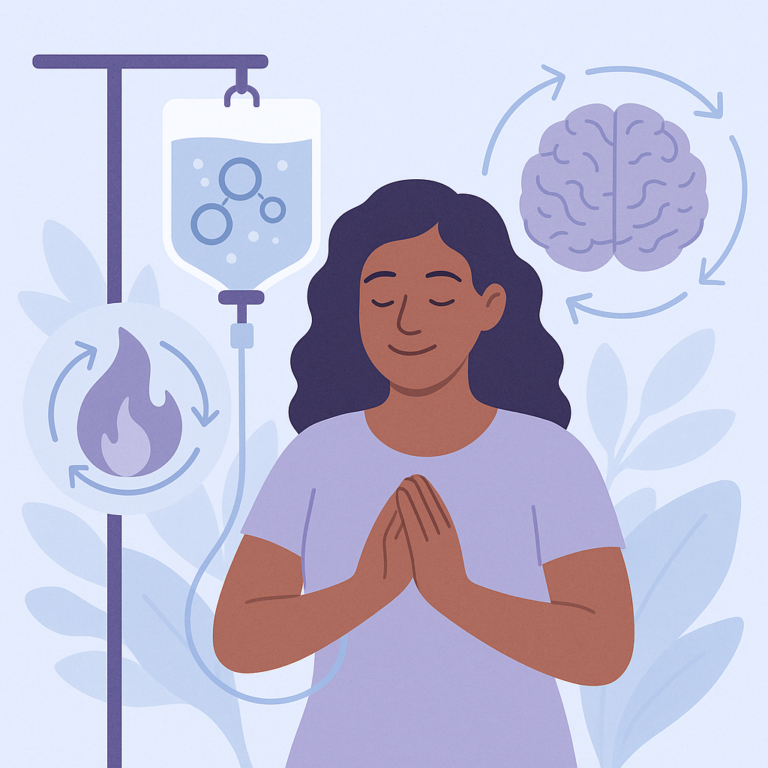
This study looked at how ozone therapy affects male rats that have developed post-traumatic epilepsy (PTE) after a brain injury.

A recent study looked at how fasting during Ramadan affects seizure activity in adults with epilepsy.
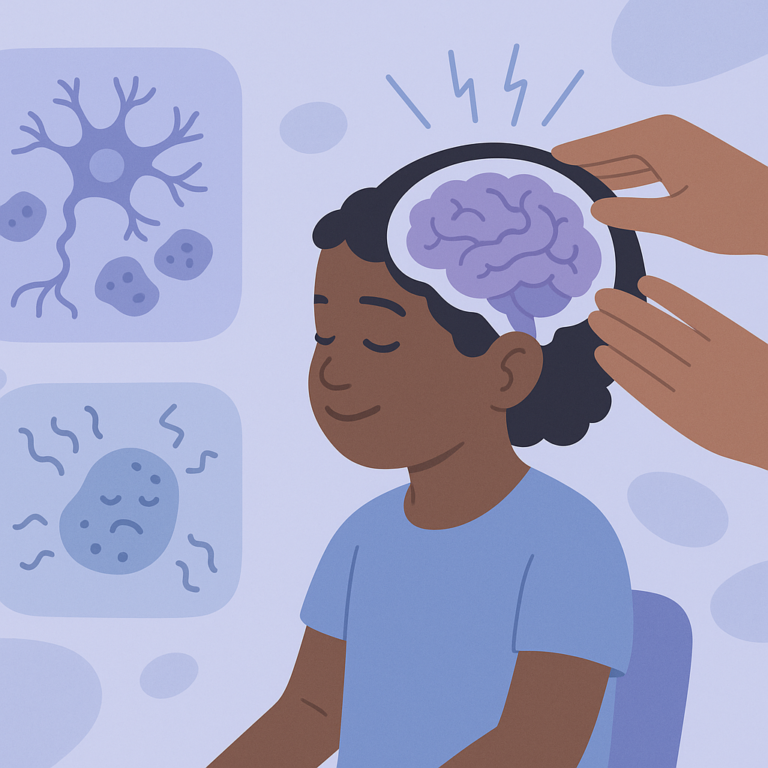
This study looked at children under 12 years old who have epilepsy that does not respond to medication, specifically those with malformations of cortical development (MCD).
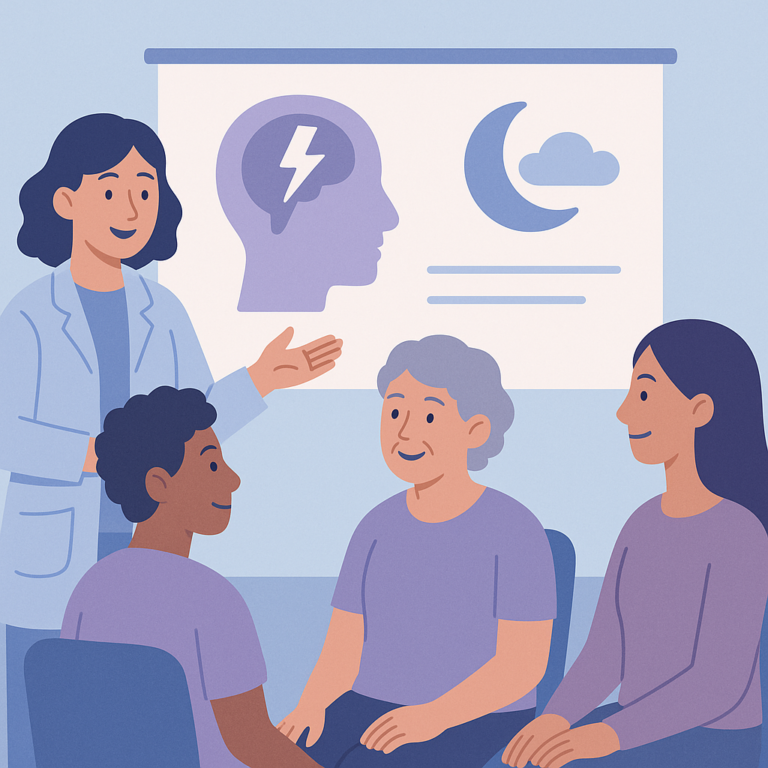
Researchers studied how well patients with epilepsy and their caregivers understand Sudden Unexpected Death in Epilepsy (SUDEP), which is a serious risk associated with epilepsy.
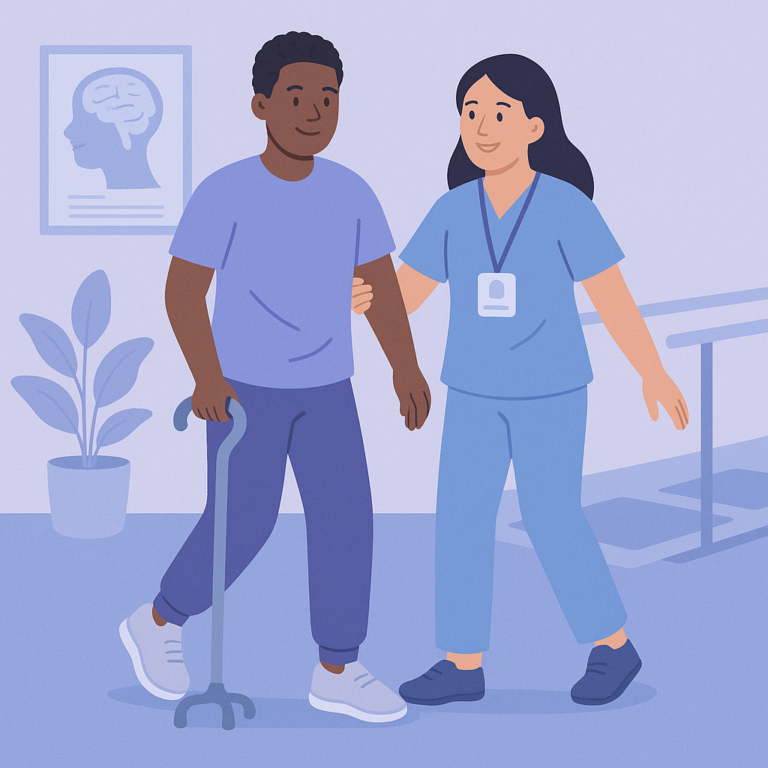
The I-ACQUIRE Phase 3 trial studied infants and toddlers aged 8 to 36 months who had experienced perinatal arterial ischemic stroke, which can lead to movement difficulties and other disabilities.
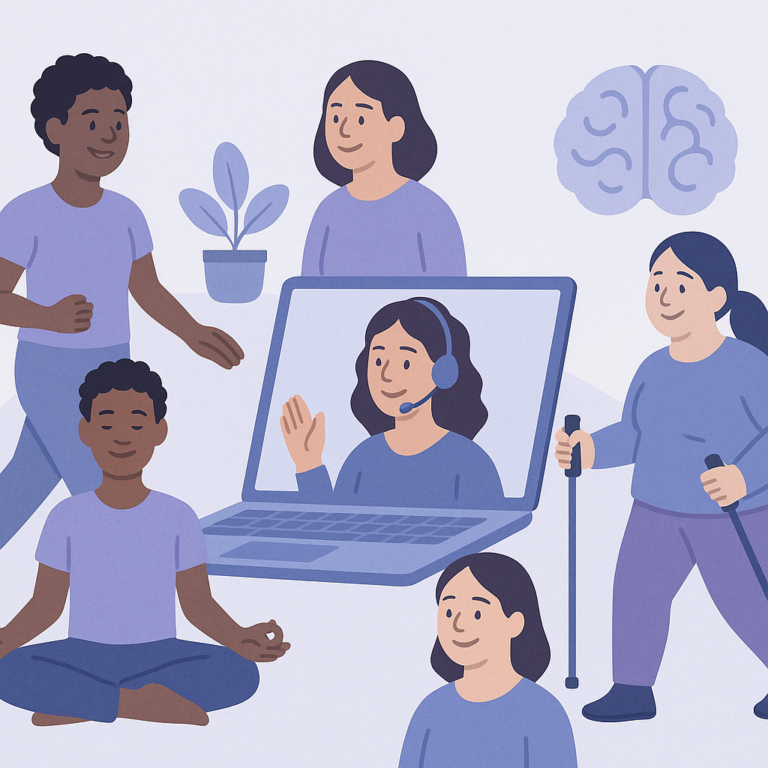
Researchers studied how telecoaching (TC) can help people with epilepsy become more physically active and improve their quality of life.
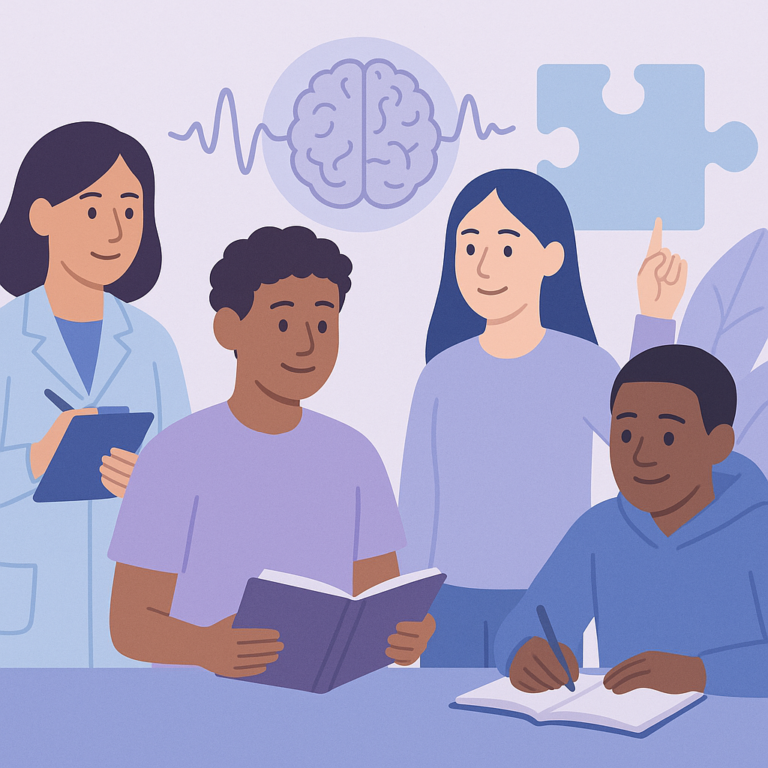
Researchers studied a program called Epilepsy Journey (EJ) to help teenagers with epilepsy improve their executive functioning skills, which are important for tasks like planning, organizing, and managing emotions.
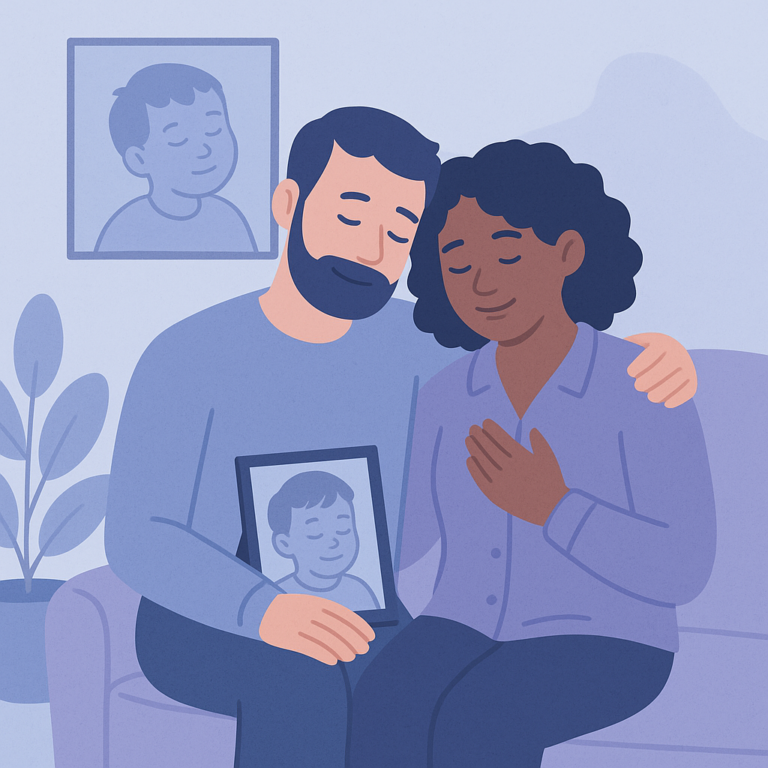
This study looked at the experiences of parents who lost a child to Sudden Unexpected Death in Epilepsy (SUDEP), which is a leading cause of death related to epilepsy.
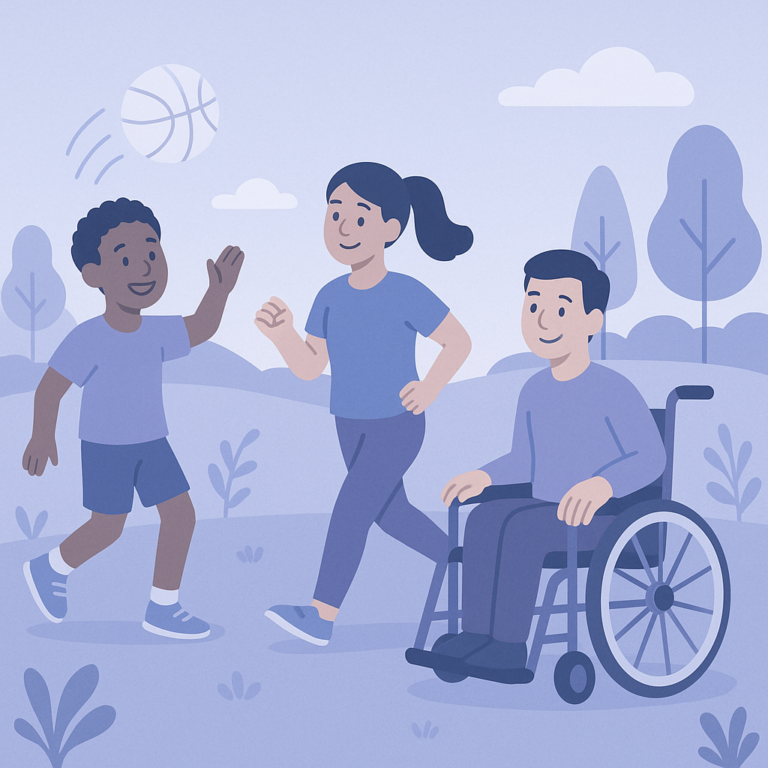
This study looked at how physical activity (PA) and sleep duration are connected in children and teenagers with disabilities.